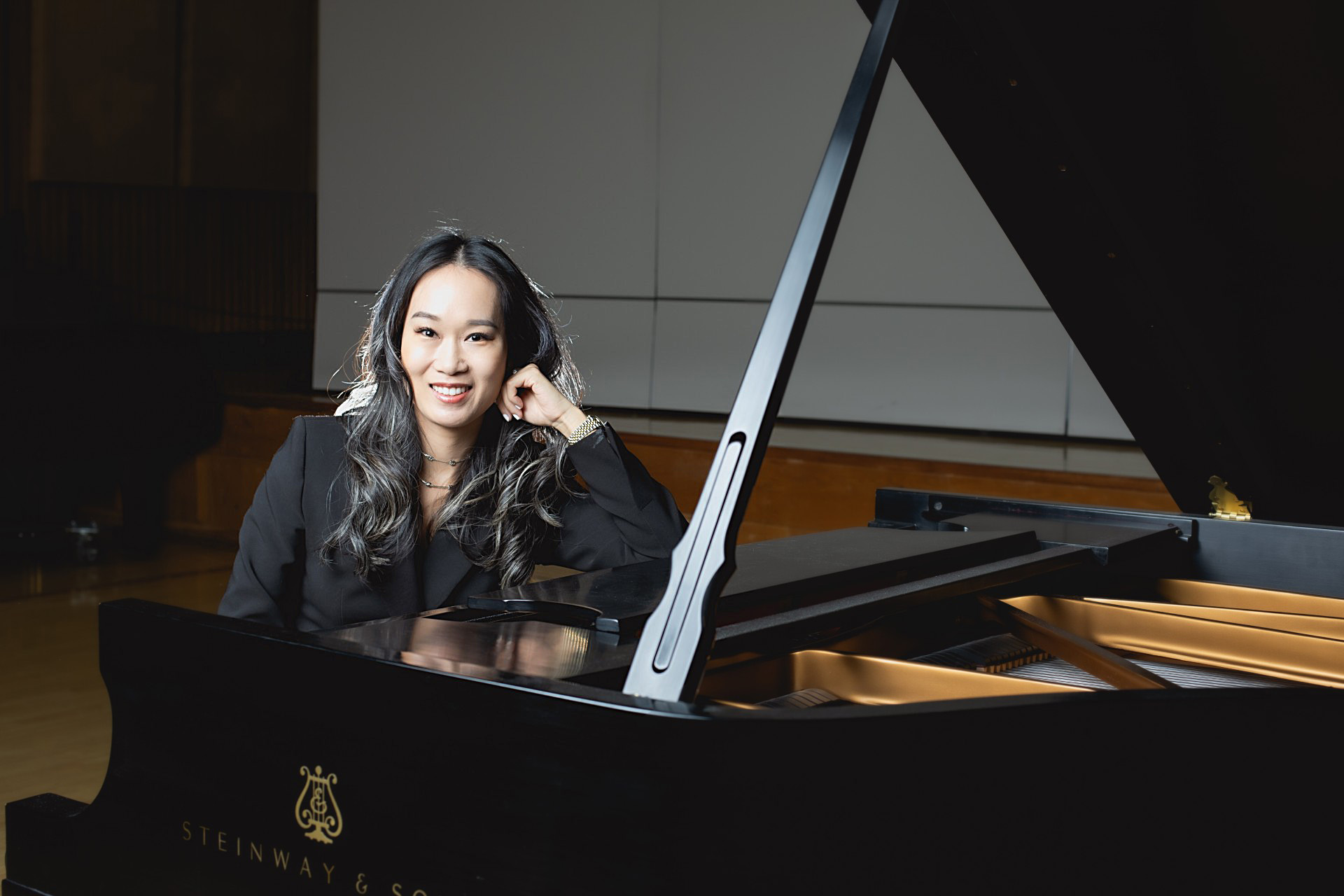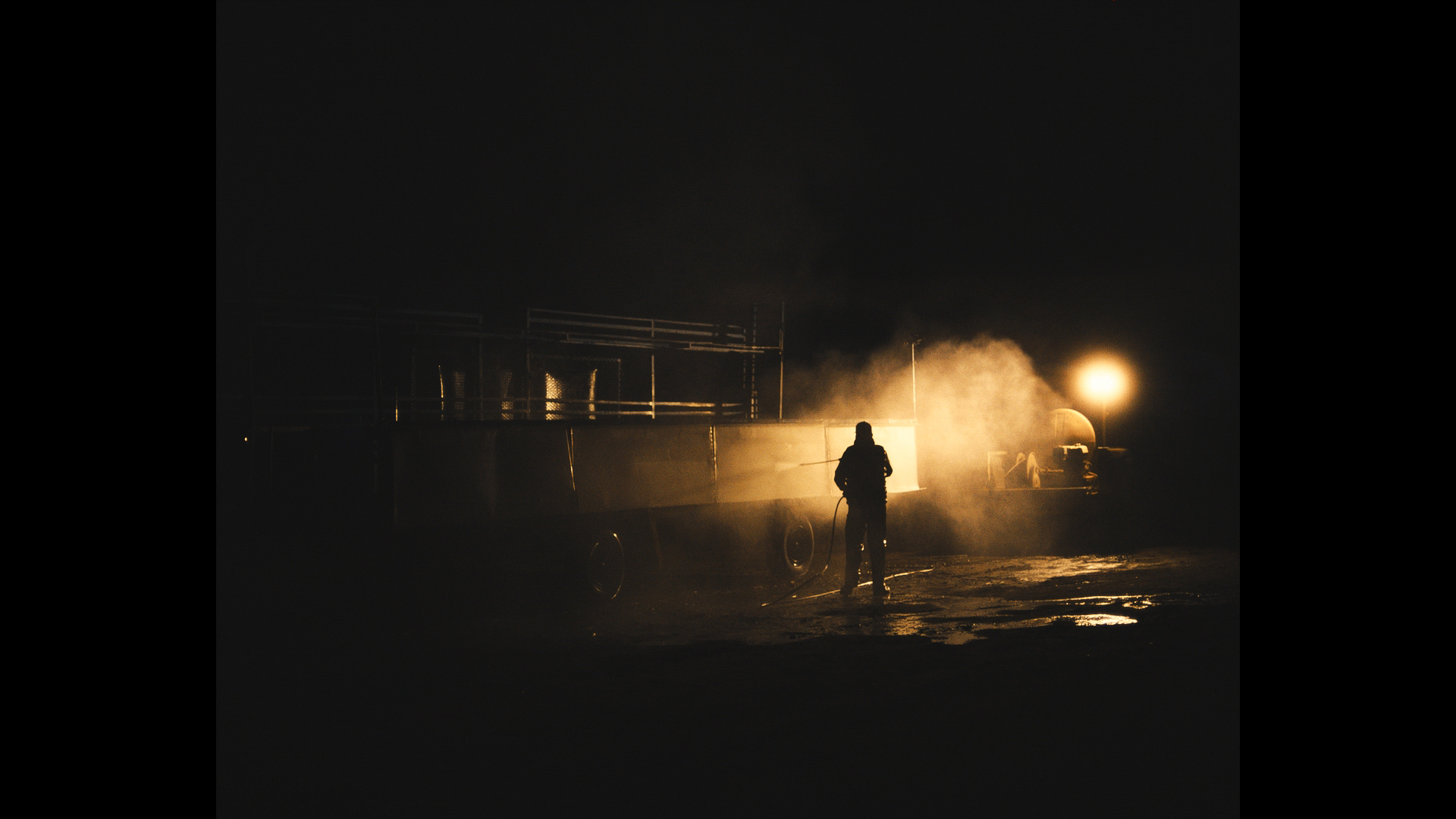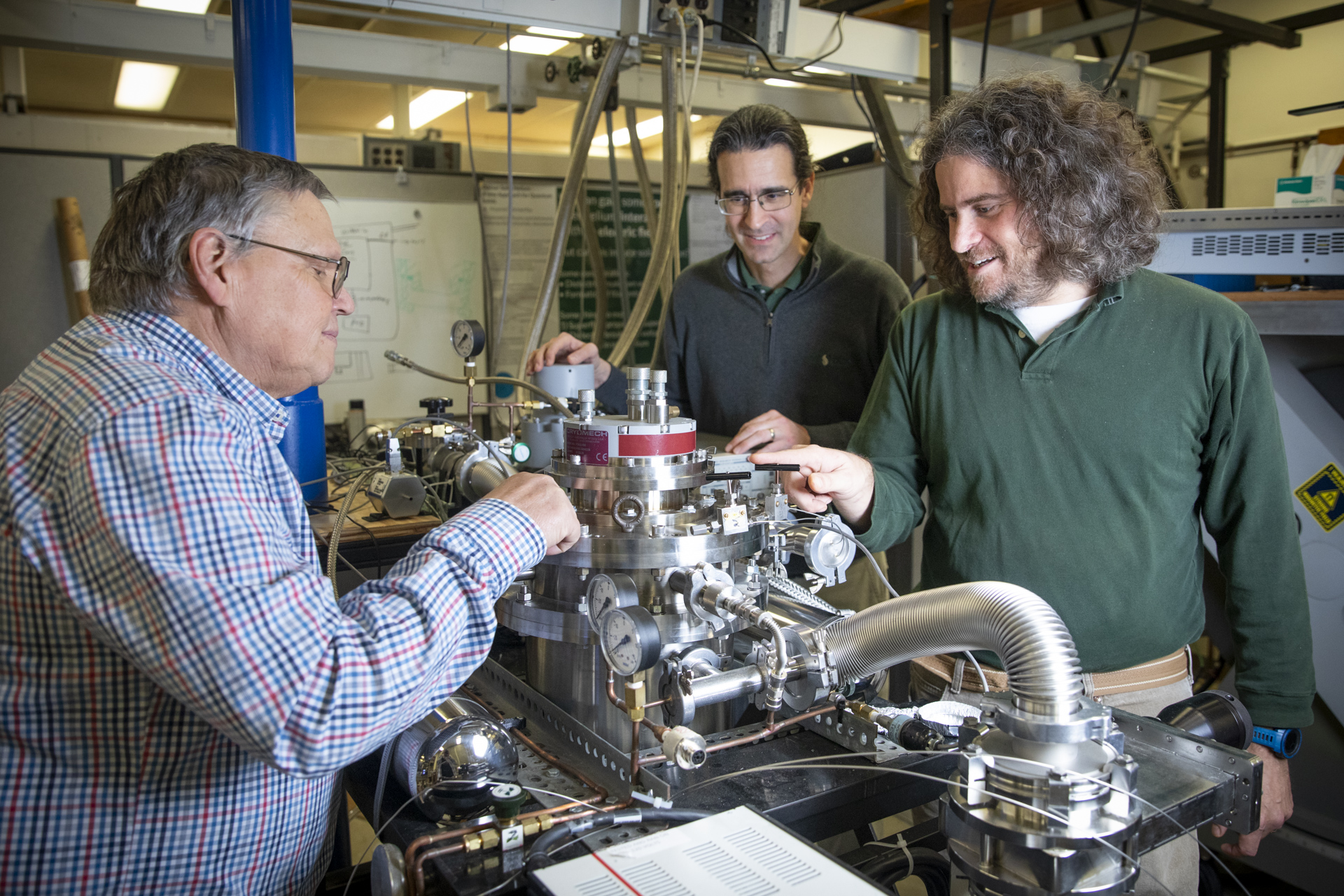Story Content
Sac State Music professor composes piece for San Francisco Symphony’s Lunar New Year concert

February 05, 2025
Shuying Li, who grew up in China, knows the significance of Lunar New Year. It’s the nation’s most important holiday, she says, when people spend up to a week celebrating.
So when the San Francisco Symphony, one of the most prestigious in the world, asked her to write a new composition for its 25th annual Lunar New Year concert, she gladly accepted.
“It’s basically a dream come true for me,” said Li, an assistant professor of Music at Sacramento State and head of the School of Music’s Composition program. “As a composer, a commission from the San Francisco Symphony is incredibly significant.”
On Feb. 8, the symphony will perform the world premiere of Li’s new work “The Phoenix Ascends,” a piece that draws inspiration from the myth of the phoenix, a universal symbol of rebirth, transformation and renewal.
“It’s meaningful to me because they chose to commission a piece for this occasion to celebrate Asian culture in such a bold and creative way – a commission, a world premiere, nobody has ever heard of, to present to this audience.” -- Shuying Li, assistant professor of Music at Sacramento State and "The Phoenix Ascends" composer
The piece is not only emblematic of Lunar New Year – itself a time of rebirth, transformation and renewal – but also Li’s professional emphasis on bridging cultural divides. She chose the story of the phoenix due to its wide recognition in both China and in Western cultures.
“As a Chinese person, born and raised in China, I know how significant and meaningful the story is to Chinese people, and my mission as a composer has always been: How can I connect with a wider audience by sharing universal human emotions and experiences?” she said. “So, this story became a perfect delivery and combination that can serve both purposes.”
The piece is written for a full symphony orchestra, and there are no traditional Chinese or Asian instruments. It begins, Li said, “with very dreamy melodies and harmonies, moves into very groovy rhythms and builds to a climactic moment with dazzling textures.”
“I was trying to mimic radiant, sparkly light. It’s about triumph and transformation.”
Lunar New Year carries special significance in San Francisco, where roughly one-fifth of residents are of Chinese descent, making up the largest percentage of any U.S. city’s population.
“It shows their incredible commitment to supporting living composers and highlighting new music,” Li said. “It’s meaningful to me because they chose to commission a piece for this occasion to celebrate Asian culture in such a bold and creative way – a commission, a world premiere, nobody has ever heard of, to present to this audience.”
As head of the School of Music’s Composition program, Li connects her experience as a working composer to her teaching, providing real-world lessons and experiences to her students. In addition to the theory and techniques of composition, she also teaches how to secure commissions, recruit performers and otherwise navigate the classical music industry.
“I openly talk about how these opportunities came to be and my creative processes,” she said. “I share that with them. As I was writing this piece, for example, in the middle of a draft, I showed my compositions students, and we had a discussion.”
Li plans to bring a few students to San Francisco for the premiere of “The Phoenix Ascends,” and up to a dozen later to Santa Rosa in February for a Santa Rosa Symphony performance of her piece “Purple Mountains.” Students will also have an opportunity to observe her engaging in pre-concert talks with the conductor, another essential skill for composers.
The Santa Rosa Symphony will perform “Purple Mountains” Feb. 22-24.
For more information about the San Francisco Symphony Lunar New Year concert, visit the organization’s website.
Media Resources
Faculty/Staff Resources
Looking for a Faculty Expert?
Contact University Communications
(916) 217-8366
communications@csus.edu


